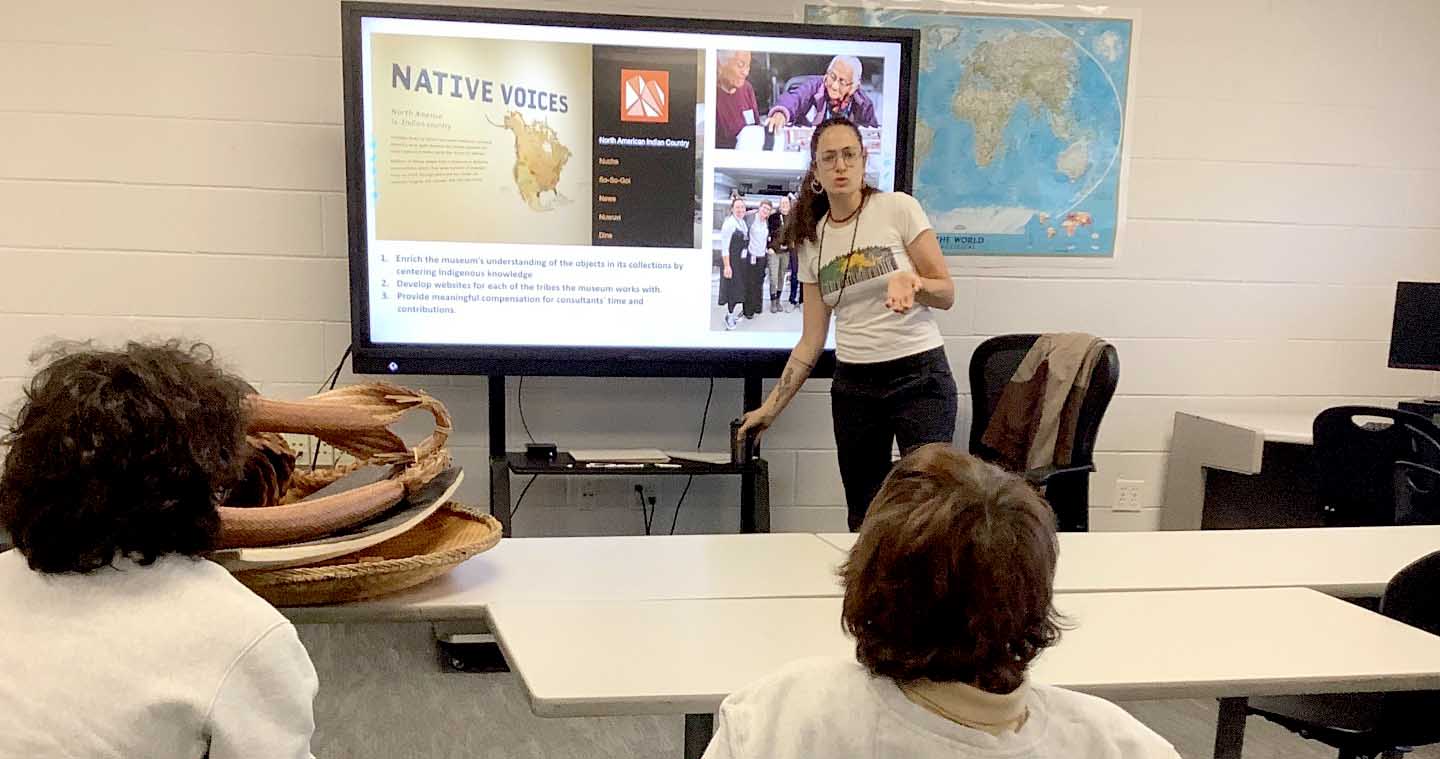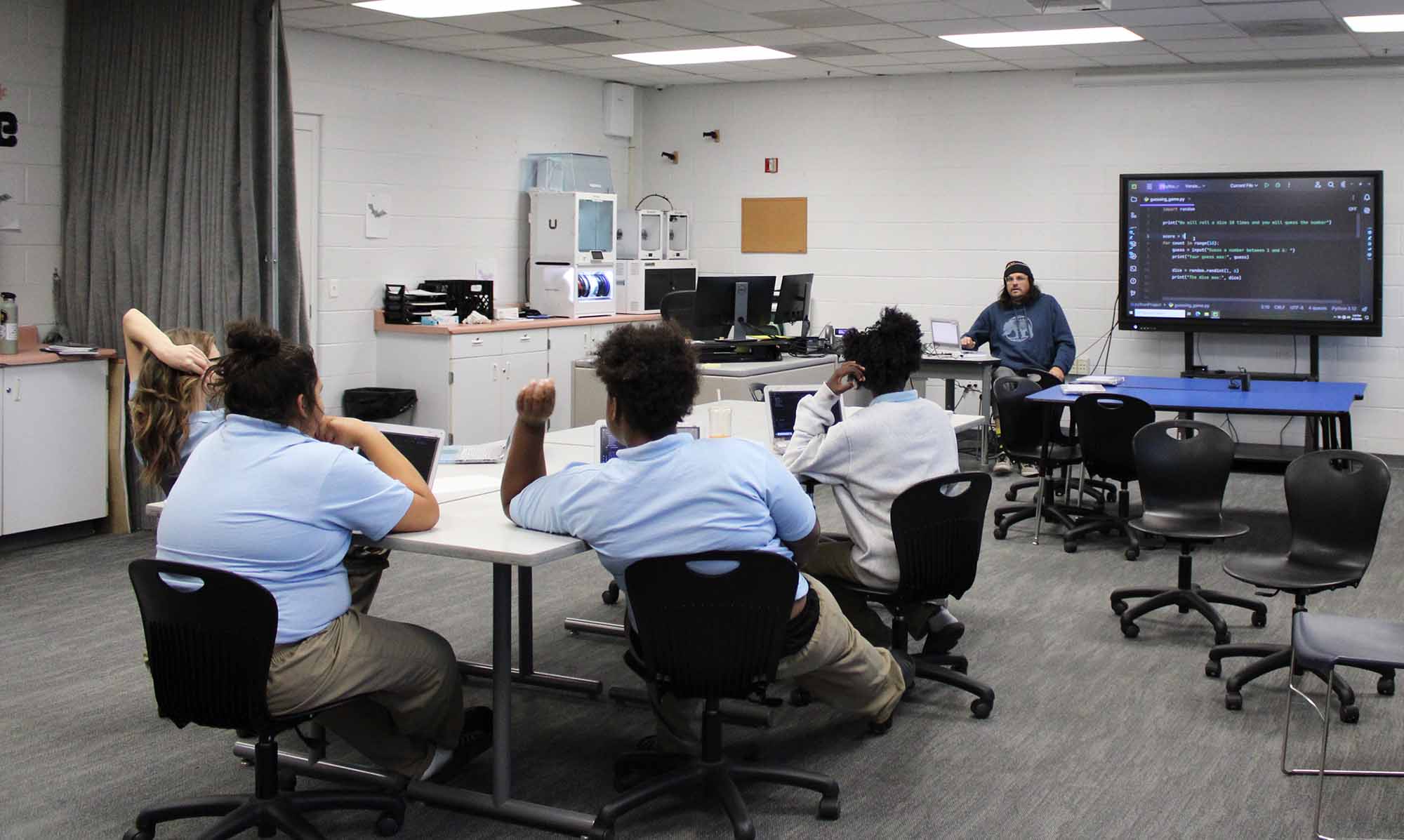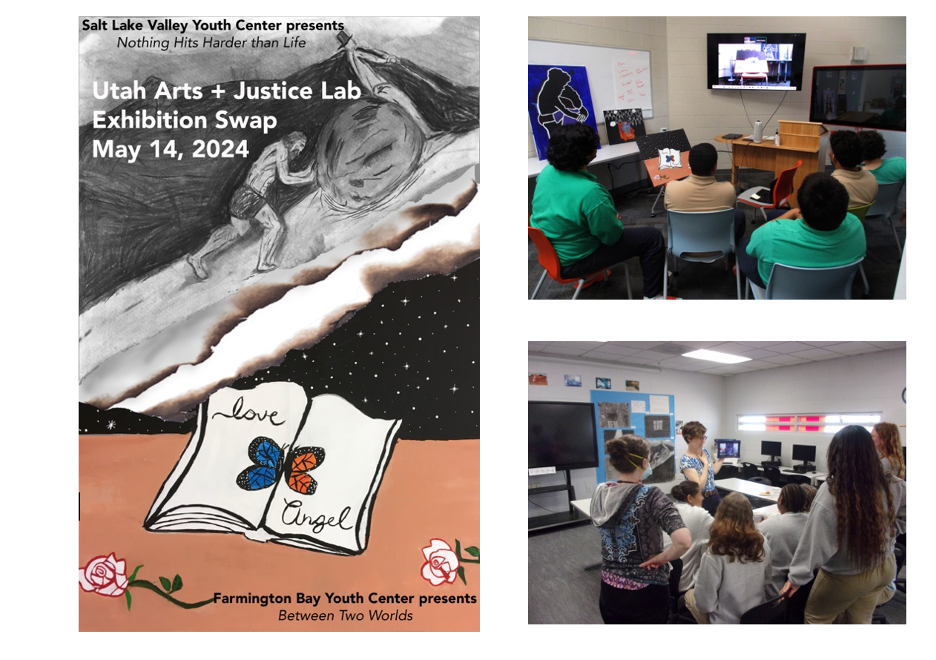Connect with STEMCAP
STEMCAP programming is designed to fuel creativity and inspire justice-impacted youth
to engage with
and communicate about STEM concepts. If you're interested in presenting with us, schedule
a call here.


Why Present with STEMCAP?
Education for youth-in-custody provides meaningful opportunities for intellectual growth and increases the probability of post-release employment. STEMCAP programming is designed to fuel creativity and encourage youth from diverse backgrounds.
We are seeking scholars, scientists, and community members who can experientially convey the content, process, sense of purpose, and joy of science to inspire and motivate the youth with whom we work. We encourage the involvement of artists and creatives that might diversify our programming and show a multitude of ways of understanding and communicating about the world.
Presenter Guidance
Youth-in-custody (YIC) facilities are unique environments that present challenges and experiences different from those that most scientists and artists are used to encountering. Incarcerated students have extremely varied educational backgrounds and capabilities. In addition, each center operates slightly differently.
STEMCAP staff work with teachers within these centers to provide programs that provide educational opportunities while also meeting the center’s needs. Over the past three years, we have developed strong relationships with our partner centers as well as a deeper understanding of what makes for the most impactful programming at each facility. Our guidelines are always evolving as we continue to learn and as centers continue to change.
Our staff offer new STEMCAP presenters guidance on how to best tailor their presentations to the youth detention center environment, and we are here to answer any questions you might have.
STEM WORKSHOP TYPES
Science Right Now
Engages students in current scientific research and projects through hands-on activities to foster confidence and enthusiasm for science.
Art-Science Workshops
Students learn and apply scientific and artistic principles through hands-on art activities.
Portal to Science
Provides virtual tours to showcase lab space and equipment, highlight research practices and techniques, and meet individuals who work in labs.
Objects from Nature
Provides opportunities for students to interact with museum professionals, naturalists, and scientists to observe and study natural objects from diverse environments.
Conservation Workshops
Inform students about current environmental issues, conservation efforts, and create opportunities for participation in hands-on conservation projects.
ART ENRICHMENT
Weekly art classes provide incarcerated youth with opportunities for self-expression and exhibiting their artwork to the public. In 2023, fall classes culminated in the exhibition “The Rose that Grew from Concrete” at the Gittins Gallery at the University of Utah campus.


In the spring, art classes culminated in an exhibition swap between two youth centers, with a flyer designed by a formerly incarcerated student.

